ChatGPT has me much less enthusiastic about writing and publishing.
In the nearly two years since consumer-facing AI chatbot apps have been made available, as a writer, I have found my own interest in writing has been diminishing.
I find it harder to send newsletters, write my next book, and post on social media, because I have two choices:
Continue writing by hand (which I love to do) and take more time about it than others do, or
Use AI to spend more time editing bland copy, and less time actually writing.
I love to write because I love composition.
The untangling of my thoughts through the clickity-clack of the keys on my keyboard – this is a therapeutic meditation for me, and it often results in essays and articles that others find insightful.
I don’t like editing. It’s a necessary chore to convert my untangled thoughts into a consumable piece of reading. I don’t mind it, in small amounts, but with ChatGPT, all I do is edit.
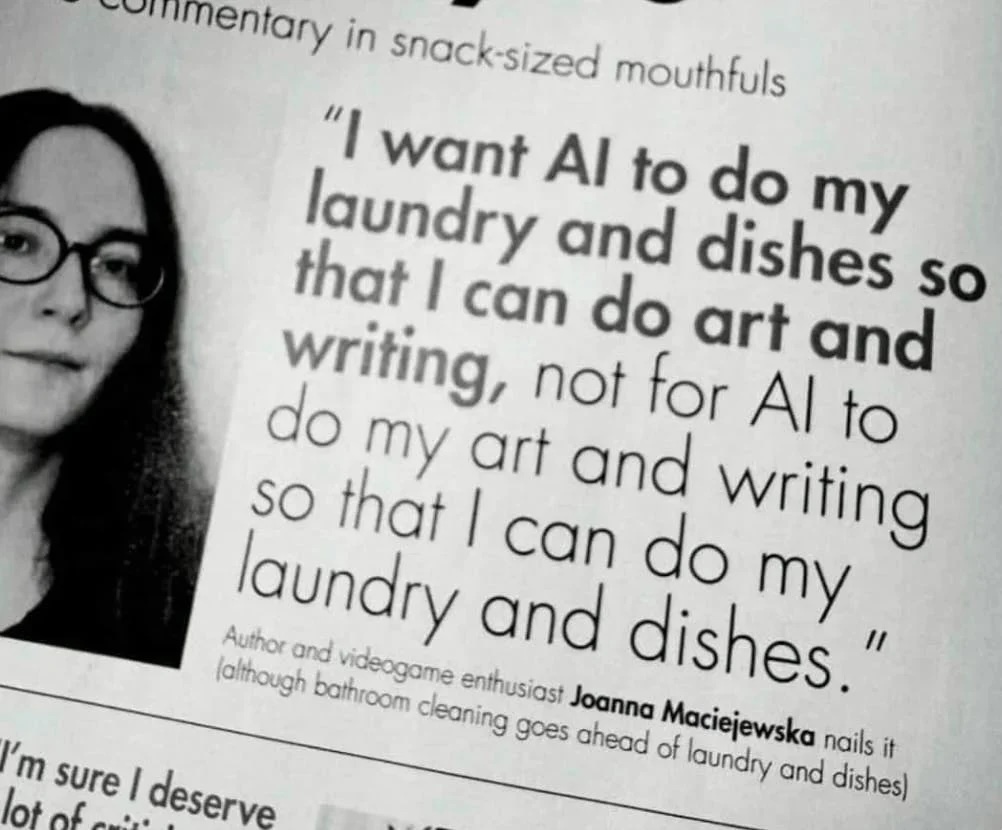
Tuning a GPT to speak in my voice is easy enough. Getting it to give me a list of good ideas to choose from, or to punch-up my headings, that’s fun. But collecting a large volume of bland AI-generated content that I have to mold into something worthwhile, something that matches the quality to which I aspire – that is just plain tedious.
Is this a new form of writer’s block? GPT Block – have you felt it too?

I made this image quickly, and I’d have to spend an hour revising it to make it good enough that you would believe a human made it.
For many years, my business has been helping people tell better stories through digital media. My copywriting skills have been my secret sauce.
When I was just a website designer, my unique differentiator was that I could also write the content that goes on the web page, something most web devs cannot do well.
Nowadays, anybody with a passing knowledge of competitive analysis can say, ‘I want a website page that sounds like THIS one’ and get unique content that might be a little bland, but it’s also better than the average person can write with nearly zero effort.
My sensibilities as an artist are cramping me.
If I didn’t care about quality, I could pump out a large volume of mediocre crap that is generated by AI. If I had the temperament for it, I could edit that bland crap into something more worthwhile to read, but – that’s not how I like to write.
I am composing this essay by hand, without the use of AI, because I like to write this way. Some of the conclusions I share with you (like how my sensibilities as an artist are cramping me) would not be evoked out of the GPT genie, because they are unique and personal to me. It is not part of our collective mediocrity, which is all that AI reflects back to us. That makes this essay special, but also, comparatively much more difficult to create.
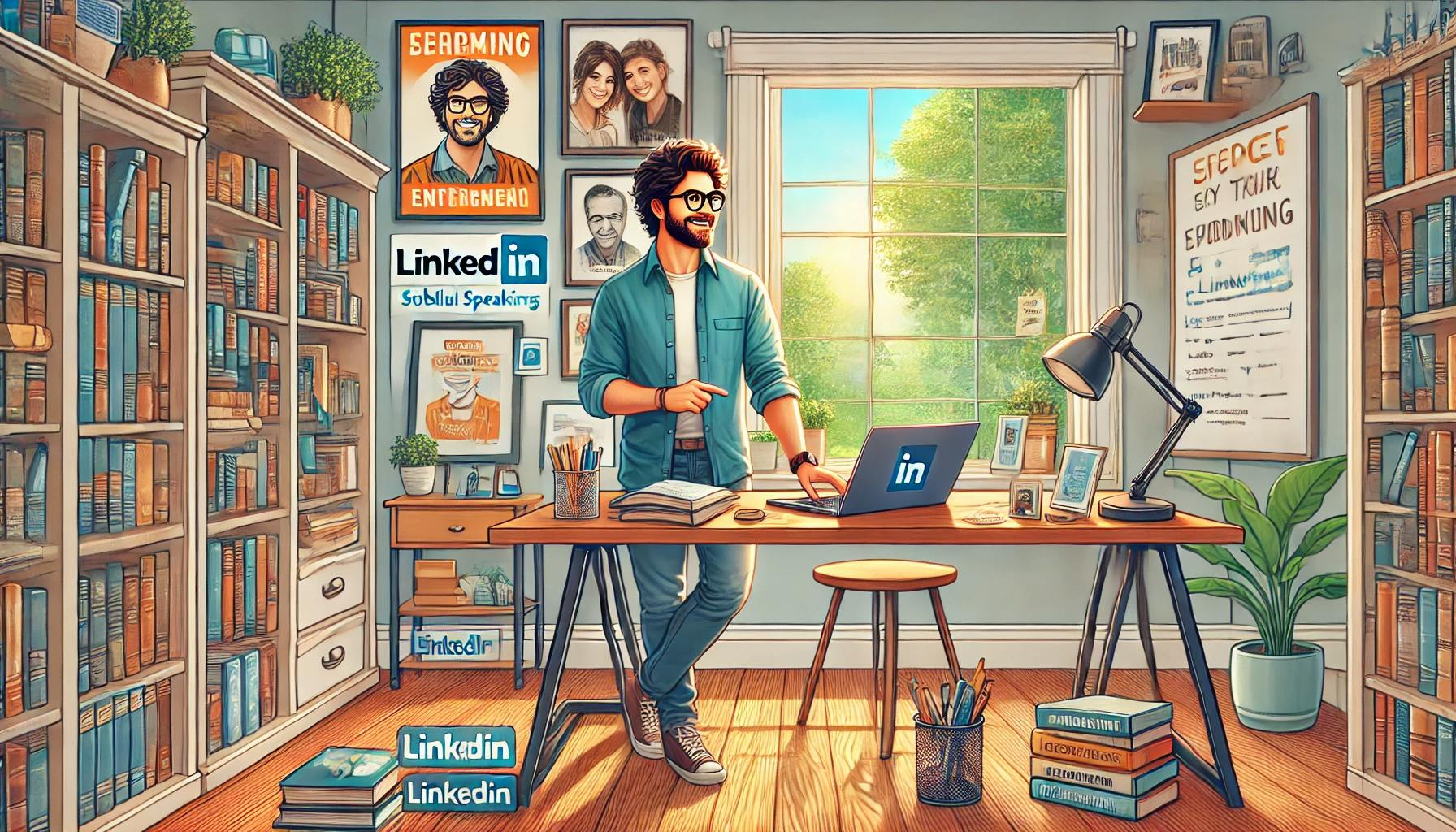
I gave ChatGPT my book and asked, “Based on what you know about me, draw a picture of what you think my current life looks like”
Until robots can develop unique personality traits, these sorts of unique perspectives will still be the province of manual composition. But I must acknowledge two things: the loss of competitive advantage, and the onslaught of bland crap that people are tuning out.
Problem 1: Manual writing takes more time
For the first few months, I played with ChatGPT as a toy. I taught a few workshops on it, and helped a bunch of newbies get the handholding they needed to start using ChatGPT for the first time. But I saw that the evolution of the tools was going to quickly outpace the users, so developing any training program or paid offer on teaching this stuff was going to quickly become obsolete.
This leaves me with a conundrum: my competitors will use ChatGPT to quickly create a large volume of content, while I will stay a modestly productive luddite, typing slowly away.
Problem 2: Everything is more boring to read, and email has gotten even worse
People already hate email. There is so much garbage to sift through, many people have moved their communications over to chat-based or forum-based platforms, like Slack and WhatsApp, where a smaller number of people have access to their contact information. Email has become the universal junk mail catch-all.
This stinks for someone who developed deep expertise in email automation. I loved telling stories over time, and curating a customer journey through a series of prewritten email messages.
With ChatGPT, anybody can make a dull version of my work in just a few minutes. This leads to everyone’s audiences being inundated with bland crap, and they all tune out altogether.
I Am Pausing My Next Book
The last book I wrote, Marketing Yourself, was published in August 2021, just six months before ChatGPT came on the scene. As one of the last books published before AI-assisted writing became popular, I find it gratifying that I wrote my first book entirely by hand. I am from the last generation of humans that remembers life before the Internet, so that matters to me. Many new books have gotten a boost from ChatGPT, in both productivity and quality, but the result, in my opinion, is a large volume of bland crap.
My next book, Playful Productivity, was 80% complete when tools like Movable Type launched, which can write an entire book for you.
Self-published books were already over-saturating the market. With the development of these tools, I think we are about to see a lot more writers, and fewer readers willing to read books.
I don’t know how to compete with AI-generated books yet, and I don’t want to spend the next few years of my career developing a book that gets drowned out by blandness.
So I don’t know what’s next, but I am joining the legions of people who are blowing up their businesses, and searching for the next pivot.
AI disrupted marketing, big time. Thankfully, I have lots of skills in sales and business development that aren’t obsolete (yet).
I’m exploring opportunities in Christchurch, my new home city, and this week I’m in Sydney for the Australia Crypto Conference. If you’re in the Sydney area, I invite you to join me for lunch.
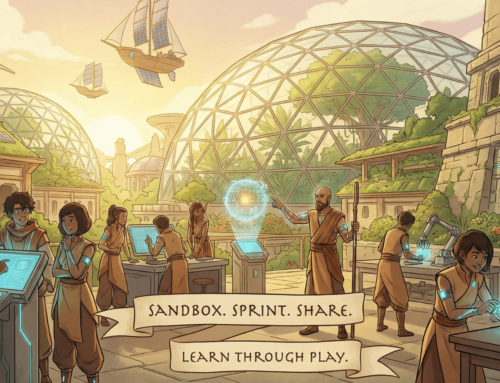
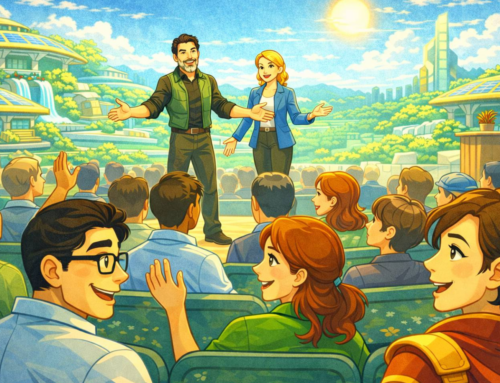
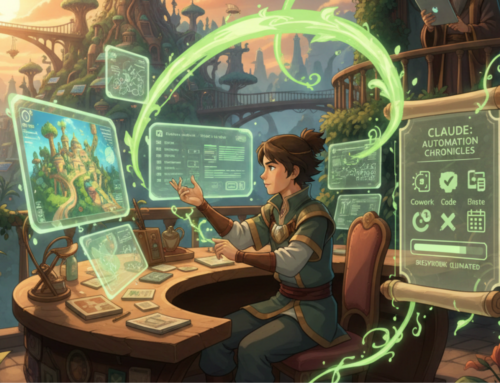
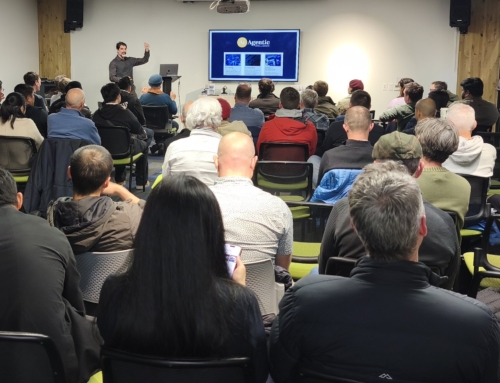
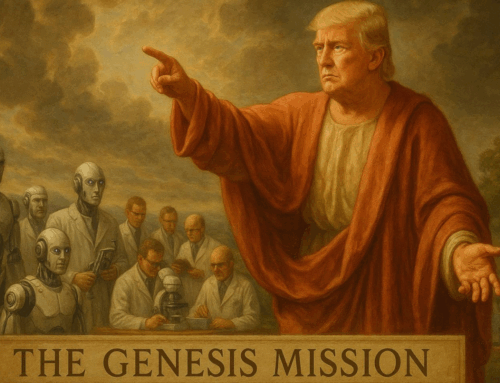
Leave A Comment